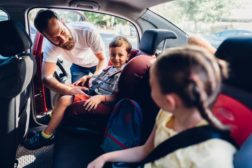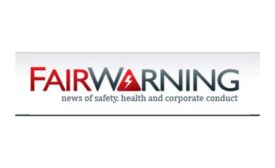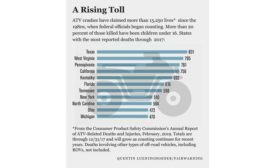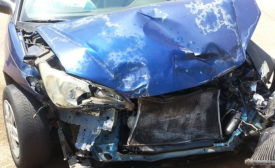Articles by Eli Wolfe
A FairWarning Story
Advocates slam federal highway safety officials, automakers over delays in airbag recalls
June 8, 2020
A FairWarning Story
Fire problems continue to plague popular models of Polaris off-road vehicles
February 14, 2020
A FairWarning Story
New study says some marketers of brain boosting supplements are flouting an FDA ban
November 27, 2019
A FairWarning Story
Staffing firm again cited for safety lapses after young temp worker loses fingers
July 18, 2019
A FairWarning Story
Safety agency probes data breach amid complaints about muzzling of hazard information
June 5, 2019
A FairWarning Story
Job-related falls should be easy to prevent, but workers are still dying in record numbers
April 11, 2019
A FairWarning Story
ATV deaths top 15,000 threshold in latest government report
March 20, 2019
A FairWarning Story
Dubious record for highway safety agency in public information lawsuits
March 7, 2019
Never miss the latest news and trends driving the safety industry
eNewsletter | Website | eMagazine
JOIN TODAYCopyright ©2024. All Rights Reserved BNP Media.
Design, CMS, Hosting & Web Development :: ePublishing






